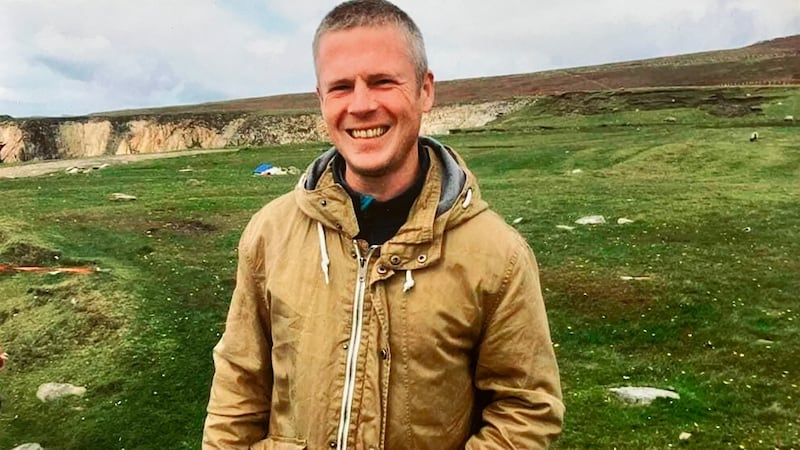Garda Commissioner Drew Harris has signed off on plans to equip frontline gardaí with Naloxone, a life-saving drug that can reverse the effects of heroin overdoses.
A pilot project to equip gardaí with the prescription drug, which comes in the form of a nasal spray, and to train them in its use is planned for later this year. If successful, the drug will be rolled out nationwide.
Gardaí will be able to administer the drug to members of the public they come across who are going through a heroin overdose. It is expected the training will be provided by the HSE.
Naloxone is credited with saving multiple lives during recent spikes in overdoses in Dublin and Cork, which the HSE believe are due the appearance of dangerous new synthetic opioids on the Irish market that have been mixed with heroin.
RM Block
In November, there were about 60 overdoses in the Dublin area, prompting a large-scale public health campaign to warn heroin users of the potential dangers and urging them to carry Naloxone, which is available free from addiction services.
In at least once case, forensic analysis of substances taken from the scene confirmed the presence of a nitazene, a type of synthetic opioid similar to fentanyl which has become common in Europe and the US over the last year.
Nitazene is also suspected of being responsible for about 15 overdoses in the Cork area last month. The substance is estimated to be 25 times stronger than fentanyl, which itself is responsible for huge numbers of overdose deaths in the US but has yet to take hold in Ireland or Europe.
[ How fentanyl changed the game for Mexico’s drug cartelsOpens in new window ]
“An Garda Síochána continues to work closely with the Health Service Executive National Social Inclusion Office to highlight the use of Naloxone and its role in saving lives,” a Garda spokesman said.
“The matter of the provision of training in the administering of Naloxone by members of An Garda Síochána has been sanctioned by the Garda Commissioner and work is currently ongoing towards progressing pilot training for frontline Gardaí to carry and administer Naloxone in 2024.”
Paramedics carry naloxone as standard. Prison medical staff are also equipped with the drug in case of inmate overdoses.
Last year, the Irish Prison Service starting providing Naloxone to prisoners with a history of heroin use on their release. It has also rolled out educational videos, broadcast on in-cell TV, which instruct prisoners on how to respond to overdoses.
This week, Minister of State for public health and wellbeing Hildegarde Naughton announced plans to further expand the availability of the drug.
“I am greatly encouraged by the participation to date in 2023 of almost 2,000 people in overdose awareness and Naloxone administration training facilitated by the Health Service Executive and partner services. This important work will save lives,” she said, adding that some 6,500 units of naloxone were supplied by the HSE to drug services last year.
- Sign up for push alerts and have the best news, analysis and comment delivered directly to your phone
- Find The Irish Times on WhatsApp and stay up to date
- Our In The News podcast is now published daily – Find the latest episode here











